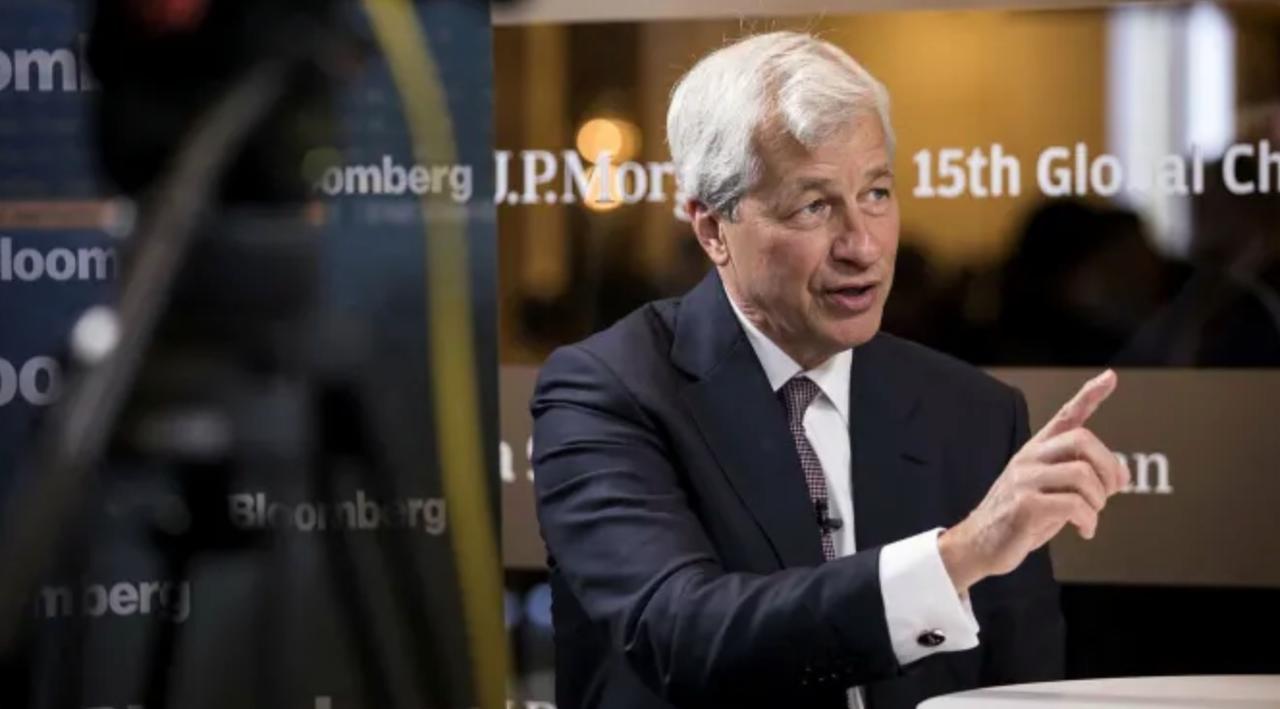Bonuses For Wall Street Traders, Dealmakers Expected To Shrink In 2020 Despite Surge In IB Profits
Tyler Durden
Mon, 10/19/2020 – 18:05
Two weeks ago, we reported that Wells Fargo, Deutsche Bank and many of their rivals were re-starting job cuts following a brief six-month “pause” announced back in March.
And now that banks’ Q3 results are in, the topic of conversation in the industry is turning – as it always does around this time – the subject of bonuses. This year the dominant theme seems to be: how will the wide disparity in profitability between megabanks’ various business lines impact bonuses, particularly bonuses for high-earners like traders and dealmakers?
The answer arrived Monday in the form of an FT report.
While traders, analysts and bankers have seen their positions insulated by gangbusters IB revenue (thanks to an explosion in trading and debt & equity underwriting), many will be disappointed to learn that they won’t be seeing bonuses commensurate with the revenue explosion in these areas, as the world’s biggest lending banks shore up their loan-loss provisions should the global economy lurch into a ‘double-dip’ recession.
Instead, the message from Bank of America, JPM and Citigroup, America’s big lending banks, to their employees is clear: bankers should consider themselves lucky to still be gainfully employed after 2020. Despite exposing traders to the risk of COVID-19 infection during the early days of the crisis, and then again last month, JPM – along with Citigroup and Bank of America – has warned that bonuses likely won’t be commensurate with the outsize revenue.
JPM has seen a 54% rise in fixed-income revenues at JPM and a 42% jump in fixed-income revenues at Citigroup. But profits for all three banks were weighed down by a combined $48 billion in loan-loss charges during the first nine months of 2020, the FT reports.
Senior investment bank executives at two of the banks told the Financial Times they were trying to “manage expectations” for 2020 bonuses by reminding staff that the wider businesses have booked huge loan loss charges to prepare for a surge in defaults as the pandemic ravages global economies. At the third, a senior executive said the bonuses were a “huge issue that we are grappling with”, as the bank tries to balance paying people for results with their need to be “good citizens”. This is in an environment where regulators and politicians have curbed shareholder payouts so they will have a cushion for potential loan losses. Investment banks walk a delicate line on pay every year, as executives try to balance the expectations of some bankers and traders with investors’ demands for cost control and public outrage about millionaire bankers getting richer.
Still, the challenges are greater than usual this year. “This is the first time since the financial crisis that we’ve had such a dramatic difference between parts of the big banks,” said Alan Johnson, founder of New York-based pay consultancy Johnson & Associates, referring to the gulf in the performance of the banks’ retail business and their advisory and trading divisions. The group-wide profits of Citigroup, JPMorgan and Bank of America were weighed down by a combined $48bn of loan loss charges in the first nine months of the year, more than three times as much as they set aside for souring loans in the first nine months of 2019.
Fortunately (for them), investment bankers at Morgan Stanley and Goldman Sachs will likely receive a bigger piece of the bonus pie, since those banks don’t have massive lending businesses, according to one Wall Street recruiter quoted by the FT.
Mr Johnson said issues around pay would be less contentious at Morgan Stanley and Goldman Sachs because they did not have the same exposure to coronavirus-related loan losses as the big lending banks. Morgan Stanley and Goldman have collectively taken just $3.5bn in loan loss charges this year.
One insider reportedly familiar with JPM’s reasoning told the FT that doling out massive bonuses to traders and their colleagues would be “foolish” given the uncertainty surrounding the global economic outlook. It would be “foolish, short-term, non-disciplined thinking to pay oversized payouts when medium to longer-term expectations (about the broader economy) are still unclear,” they said.
Insiders at Citigroup and BofA insisted that their pay packages would be “in step” with the broader industry, but if profits in one business (say, fixed income trading) were up 50%, bankers in that department should expect their bonuses to rise by 25%.
A similar trend is expected to play out in Europe, where investment banks, including Barclays, DB and SocGen, are so deeply embroiled in trying to revive their flagging businesses and lure back shareholders in an age of negative interest rates that executives that weak bonuses are practically a foregone conclusion. “It seems simple to me; bonuses will be poor,” said one London-based MD.
If there is a silver lining for traders and analysts, it’s this: at the very least, they can expect larger bonuses thank their colleagues working for struggling business lines. Back in May, Johnson & Associates, the same firm quoted as the primary source in Monday’s FT story, reported that bonuses would likely vary widely between business lines, with some retail bankers could see their bonuses shrink by 30% or more.
via ZeroHedge News https://ift.tt/2HdcR1m Tyler Durden
